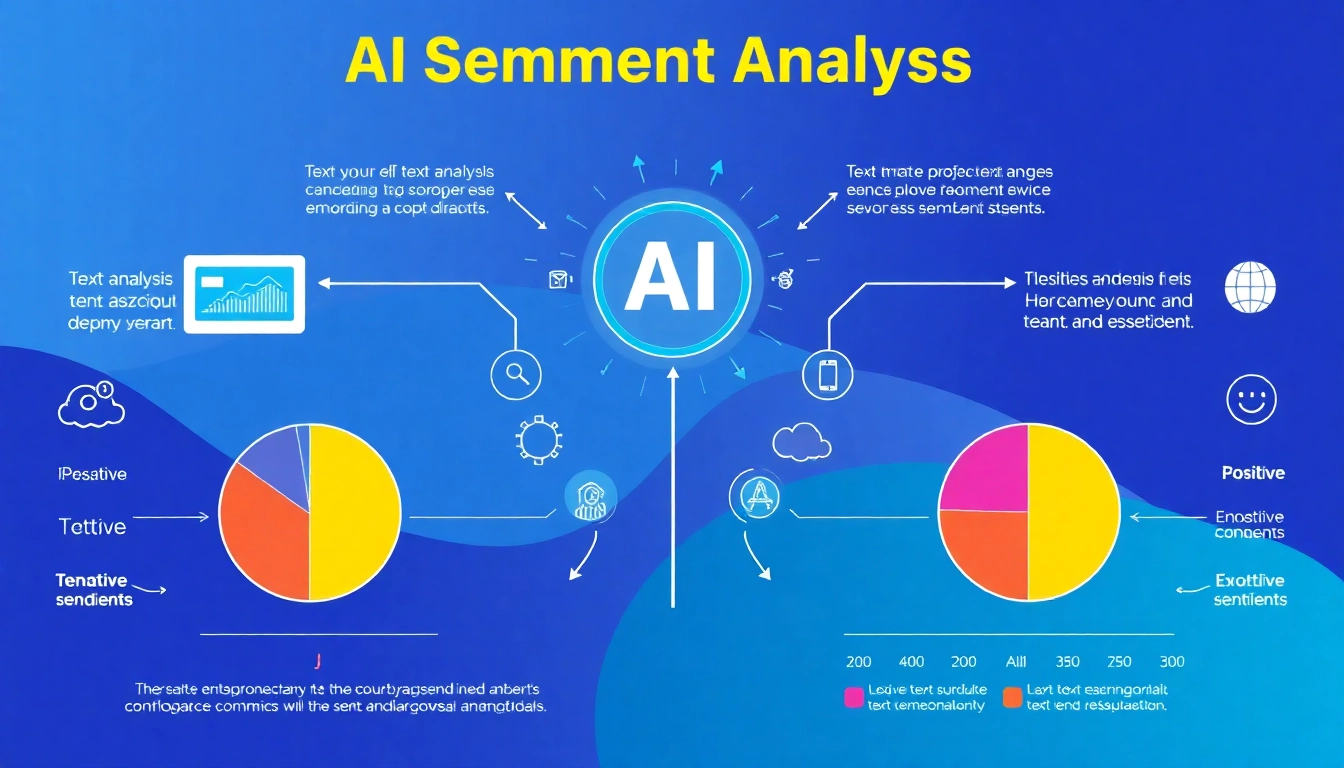Introduction to Agentic AI
In recent years, the landscape of artificial intelligence (AI) has witnessed significant advancements, giving rise to innovative technologies such as Agentic AI. Unlike traditional AI that relies heavily on human interaction and guidance, Agentic AI possesses an innate ability to function autonomously. This article explores the definition, key features, and implications of Agentic AI, along with its potential impact across various industries.
Defining Agentic AI
Agentic AI refers to intelligent systems designed to autonomously make decisions and perform actions without requiring constant human oversight. This type of AI utilizes various techniques, including sophisticated reasoning, contextual understanding, and iterative planning, to address complex, multi-step problems, thereby acting as independent agents capable of achieving specific goals.
The term “agentic” emphasizes the AI’s capacity to act autonomously in pursuit of defined objectives. Such capabilities distinguish Agentic AI from previous generations of AI systems, where human intervention was typically necessary for even basic decision-making processes.
Key Features of Agentic AI
Several critical characteristics define Agentic AI:
- Autonomy: Agentic AI operates independently, making decisions and adapting its actions based on real-time data and environmental changes.
- Learning Ability: These systems leverage machine learning to improve performance over time, learning from interactions and outcomes to refine their strategies.
- Contextual Awareness: Agentic AI can assess and interpret context, enabling it to make more relevant decisions based on current circumstances.
- Complex Problem Solving: Equipped with advanced reasoning capabilities, Agentic AI can engage with and resolve intricate and multifaceted challenges effectively.
The Importance of Autonomy
At the core of Agentic AI is the principle of autonomy. This aspect allows AI systems to operate without constant human supervision, which can significantly enhance efficiency and scalability. The reliance on autonomous operations is particularly beneficial in environments where rapid decision-making is critical, such as finance, healthcare, and logistics. Autonomy not only reduces human errors but also frees up human resources for more strategic tasks, enhancing overall productivity.
How Agentic AI Differs from Generative AI
Core Functional Differences
While both Agentic AI and generative AI represent cutting-edge advancements in artificial intelligence, their core functionalities are markedly different. Generative AI is primarily focused on creating new content—whether that’s text, audio, visual art, or software—by learning patterns from training data. In contrast, Agentic AI focuses on taking action to achieve specific goals autonomously.
This distinction is crucial: generative AI relies on human prompts to understand objectives, whereas Agentic AI can determine its goals and pursue them independently, even in unforeseen situations.
Use Cases for Each Type
Many applications emerge from the unique strengths of each AI type:
- Generative AI: Content creation, including writing articles, producing music, and generating 3D models.
- Agentic AI: Autonomous robotics in manufacturing, dynamic pricing systems in e-commerce, and AI-driven virtual assistants that schedule tasks and respond to user needs independently.
Implications for Various Industries
The implications of adopting Agentic AI stretch across numerous fields:
- Healthcare: Automating patient scheduling, diagnostics, and even treatment recommendations under specific protocols.
- Finance: Algorithmic trading systems that analyze market conditions and execute trades without human input.
- Supply Chain Management: Logistics solutions where AI optimizes inventory levels, predicts demand fluctuations, and organizes shipment schedules autonomously.
Benefits of Implementing Agentic AI
Increased Efficiency and Productivity
One of the most immediate benefits of implementing Agentic AI is the remarkable increase in efficiency and productivity. By automating repetitive tasks and complex decision-making processes, organizations can allocate resources more effectively, resulting in significant operational savings.
For example, in manufacturing, AI-driven quality control systems can automatically detect defects in production lines, reducing waste and enhancing throughput without constant supervision.
Enhanced Decision-Making Capabilities
Another compelling advantage of Agentic AI is its capacity to enhance decision-making capabilities. Traditional decision-making processes often involve delays due to human analysis and input; however, Agentic AI systems continuously analyze vast datasets, allowing them to make informed decisions based on real-time information. Businesses benefit from faster response times to market changes, customer preferences, and operational challenges.
For instance, financial institutions employing Agentic AI can dynamically adjust investment strategies based on live market analytics, outperforming competitors that rely on slower, manual processes.
Real-Time Adaptability and Learning
The ability of Agentic AI to learn and adapt in real-time is another revolutionary feature. These systems apply algorithms that allow them to modify their operation based on new data inputs, performance feedback, and emerging patterns.
A practical example is self-driving vehicles, which utilize real-time data from their environments to make driving decisions, adapt to traffic conditions, and improve safety for passengers.
Challenges in Adopting Agentic AI
Technical and Ethical Considerations
Despite its benefits, the adoption of Agentic AI is not without challenges, particularly in the realms of technology implementation and ethical considerations. Organizations must ensure robust cybersecurity measures are in place to prevent unauthorized access to autonomous systems, which can be vulnerable to hacking and exploitation.
Ethically, the deployment of Agentic AI must consider the potential for misuse, so established guidelines and regulations are necessary to govern its use responsibly.
Integration with Existing Systems
The integration of Agentic AI into existing workflows and systems can present obstacles, especially in organizations with legacy technology. Companies must invest time and resources into ensuring seamless interoperability between AI systems and their current operational frameworks, which may involve updating infrastructure or undergoing significant organizational change.
Moreover, staff training is essential, as employees need to understand how to interact with and leverage these advanced AI systems effectively.
Mitigating Risks of Automation
The introduction of autonomous systems inevitably raises concerns regarding job displacement and the potential marginalization of human roles. Businesses need to address these issues proactively by focusing on reskilling employees and redefining job roles to complement the AI systems, rather than replace them. This balanced approach allows organizations to utilize the full potential of Agentic AI while still valuing human contributions.
The Future of Agentic AI
Emerging Trends and Innovations
As technology advances, the future of Agentic AI looks promising, with several emerging trends worth mentioning. Innovations in quantum computing, for instance, could further enhance the processing capabilities of AI systems, enabling more sophisticated autonomous decision-making. Additionally, the growth of 5G networks will support real-time data transmission more effectively, bolstering communication among autonomous systems.
Predictions for Industry Impact
Experts predict that the impact of Agentic AI will become increasingly profound across industries. Its implementation is expected to accelerate in sectors like automotive (with autonomous vehicles), healthcare (automated diagnostics), and finance (intelligent trading systems), transforming conventional business models and operations radically.
Moreover, as Agentic AI systems continue to evolve, they will likely exhibit heightened capabilities in managing complex operations, thereby simplifying tasks previously deemed challenging for humans.
Preparing for the Next Generation of AI
For organizations seeking to harness the potential of Agentic AI, preparedness is essential. This involves investing in technology infrastructure, prioritizing employee training on AI systems, and developing a comprehensive strategy that aligns with the organization’s goals and ethical standards.
Furthermore, engaging with stakeholders, including regulatory bodies, will be crucial to navigating the complexities of deploying autonomous systems responsibly. By cultivating an environment of collaboration and innovation, businesses can genuinely leverage Agentic AI to propel their growth into the future.


